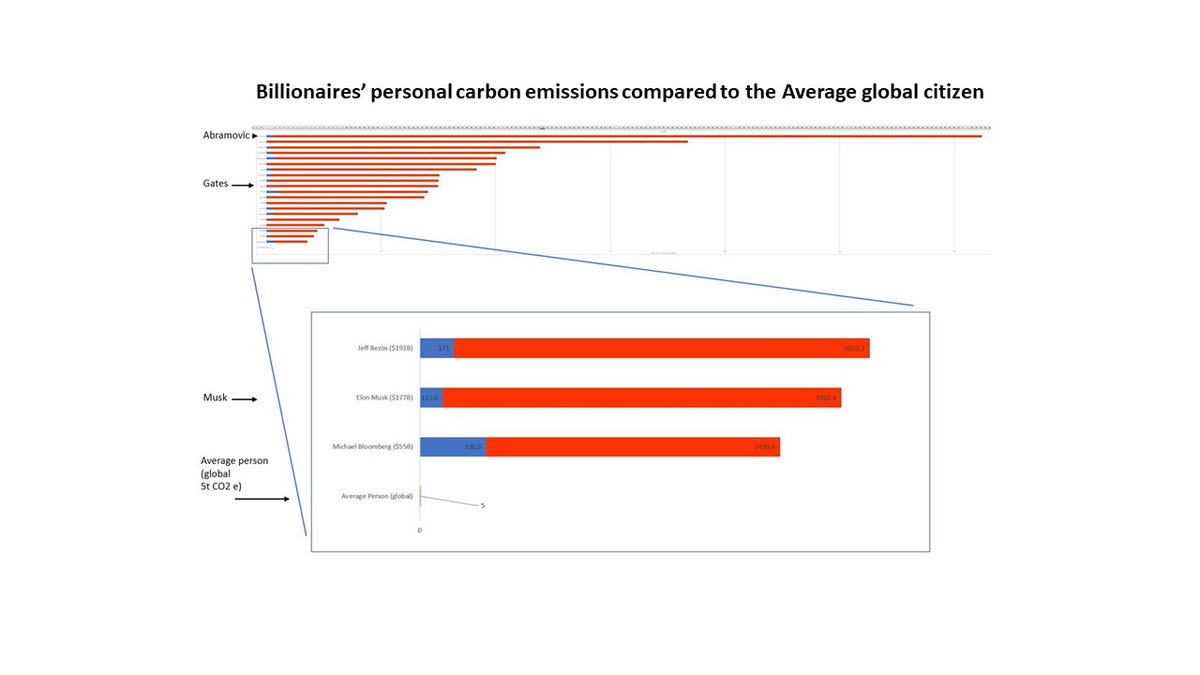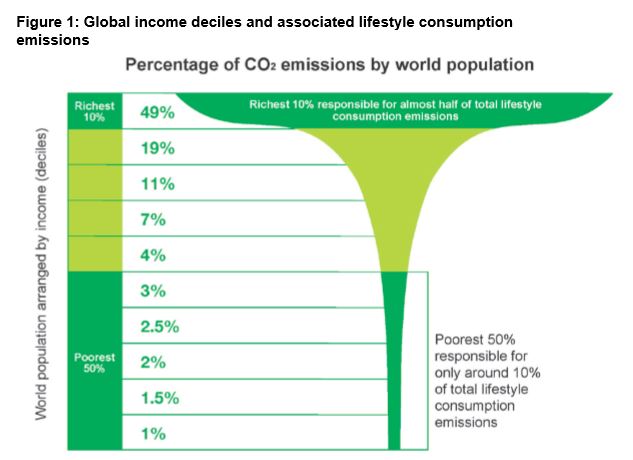
🚨PhD headline findings🧵
If leaders adopt high-impact low-carbon behaviour:
- others tend to follow
- leader credibility and approval sky-rockets 🚀
If leaders don’t lead by example
- leader credibility drops 🤨
- others are less likely to act
1/n
If leaders adopt high-impact low-carbon behaviour:
- others tend to follow
- leader credibility and approval sky-rockets 🚀
If leaders don’t lead by example
- leader credibility drops 🤨
- others are less likely to act
1/n

➡️Leading by example increases a sense of collective effort on climate
➡️It is not viewed as “individual” if leader motivation is trusted and they fulfil their other leadership functions (i.e. not *just* taking individual action)
➡️Leading by example appeals to most people
2/
➡️It is not viewed as “individual” if leader motivation is trusted and they fulfil their other leadership functions (i.e. not *just* taking individual action)
➡️Leading by example appeals to most people
2/

How and why does low-carbon leading by example work?
To find out I did:
➡️4 focus groups
➡️19 leader interviews (UK MPs)
➡️a survey experiment (n=1267)
➡️a survey of recent flyers who stopped flying for a year (n=344)
Here's what I found...
3/
To find out I did:
➡️4 focus groups
➡️19 leader interviews (UK MPs)
➡️a survey experiment (n=1267)
➡️a survey of recent flyers who stopped flying for a year (n=344)
Here's what I found...
3/
When leaders adopt high-impact low-carbon behaviours, people search for the *meaning* of the behaviour...
What does the leader’s action say about:
•What the leader believes?
•Their motives?
•Climate change as a problem?
•Society’s response?
•Our own behaviour?
4/
What does the leader’s action say about:
•What the leader believes?
•Their motives?
•Climate change as a problem?
•Society’s response?
•Our own behaviour?
4/
The meaning-making is a complex process.
It triggers moral and emotional reactions.
➡️Leaders' low-carbon behaviour sends powerful signals that can stimulate change
5/
It triggers moral and emotional reactions.
➡️Leaders' low-carbon behaviour sends powerful signals that can stimulate change
5/
In the survey experiment, people who observed a leader leading by example reported greater willingness to adopt high-impact low-carbon behaviours themselves.
The effect was small but statistically significant.
6/
The effect was small but statistically significant.
6/

The effect on perceptions of the leaders was large.
Leaders who lead by example were seen as:
✅caring more about climate change
✅believing it’s more serious
✅being more knowledgeable
✅competent
✅effective
✅likeable
In other words they were seen as better leaders
7/
Leaders who lead by example were seen as:
✅caring more about climate change
✅believing it’s more serious
✅being more knowledgeable
✅competent
✅effective
✅likeable
In other words they were seen as better leaders
7/

The results align with the theory of “Credibility Enhancing Displays” (CREDs), where behaviour that is perceived as challenging sends strong signals of commitment and belief to others
8/
8/
The effects were consistent across the political spectrum. If anything, those on the political right responded more positively to leading by example.
(Note: right-leaners are a bit less willing to act, but appear more responsive to leading by example).
9/
(Note: right-leaners are a bit less willing to act, but appear more responsive to leading by example).
9/

I surveyed 344 recent flyers who signed a @FlightFreeUK pledge in 2020
🔶74% said they had been influenced by someone else to go stop flying
🔶The influence was greater if the other person was high-profile (85%)
Greta Thunberg was mentioned the most, but...
10/
🔶74% said they had been influenced by someone else to go stop flying
🔶The influence was greater if the other person was high-profile (85%)
Greta Thunberg was mentioned the most, but...
10/

... the influence of other high-profile figures was similar to Greta's.
11/
11/
I asked *how* they had been influenced by the other person. Top answers:
➡️It increased a sense that people are acting on climate change
➡️It made personal action seem like a worthwhile response to climate change
➡️It confirmed my knowledge of climate change as a problem
12/
➡️It increased a sense that people are acting on climate change
➡️It made personal action seem like a worthwhile response to climate change
➡️It confirmed my knowledge of climate change as a problem
12/

These results show that low-carbon leading by example is:
✅a collective act
✅motivating for others
📉conveys information
13/
✅a collective act
✅motivating for others
📉conveys information
13/
Fascinating emotional responses to non-flyers:
🔴Negative emotions = more powerful motivators than positive emotions (like previous studies)
🟣Negative & positive emotions *both* correlate with the leader influence
🟢High-profile leaders prompt higher levels of emotion
14/
🔴Negative emotions = more powerful motivators than positive emotions (like previous studies)
🟣Negative & positive emotions *both* correlate with the leader influence
🟢High-profile leaders prompt higher levels of emotion
14/

What about backfire effects I hear you cry?
It’s true that:
- feeling morally judged by someone can make you do the opposite (“reactance”)
- You are unlikely to copy a leader you don’t like
But...
15/
It’s true that:
- feeling morally judged by someone can make you do the opposite (“reactance”)
- You are unlikely to copy a leader you don’t like
But...
15/
The experiment found that leaders who *didn’t* lead by example prompted reactance, not those who did.
✅so it looks like leading by example without *telling* people what to do is the way forward.
✅different types of leaders will be needed to appeal to different groups
16/
✅so it looks like leading by example without *telling* people what to do is the way forward.
✅different types of leaders will be needed to appeal to different groups
16/

Interviews with UK MPs were revealing. In general…
➡️they want to lead by example in principle, & some do in practice
➡️but they fear being called “virtue signallers” & eco-zealots
➡️even climate-friendly MPs use language that paints low-carbon action as a bit freakish
17/
➡️they want to lead by example in principle, & some do in practice
➡️but they fear being called “virtue signallers” & eco-zealots
➡️even climate-friendly MPs use language that paints low-carbon action as a bit freakish
17/

In the focus groups the language of “sacrifice” was used spontaneously in relation to low-carbon behaviour change.
More self-sacrifice from leaders seems to send stronger behavioural signals, which aligns with CREDs theory (above)
More self-sacrifice from leaders seems to send stronger behavioural signals, which aligns with CREDs theory (above)
In summary:
🟡Leading by example promotes behaviour change from others
🟡High-profile leaders have extra potential to challenge social norms of high-carbon behaviours
🟡Not leading by example is damaging to leader credibility and public willingness to act
🟡There are nuances😀
🟡Leading by example promotes behaviour change from others
🟡High-profile leaders have extra potential to challenge social norms of high-carbon behaviours
🟡Not leading by example is damaging to leader credibility and public willingness to act
🟡There are nuances😀

more to follow ... watch this space
• • •
Missing some Tweet in this thread? You can try to
force a refresh









